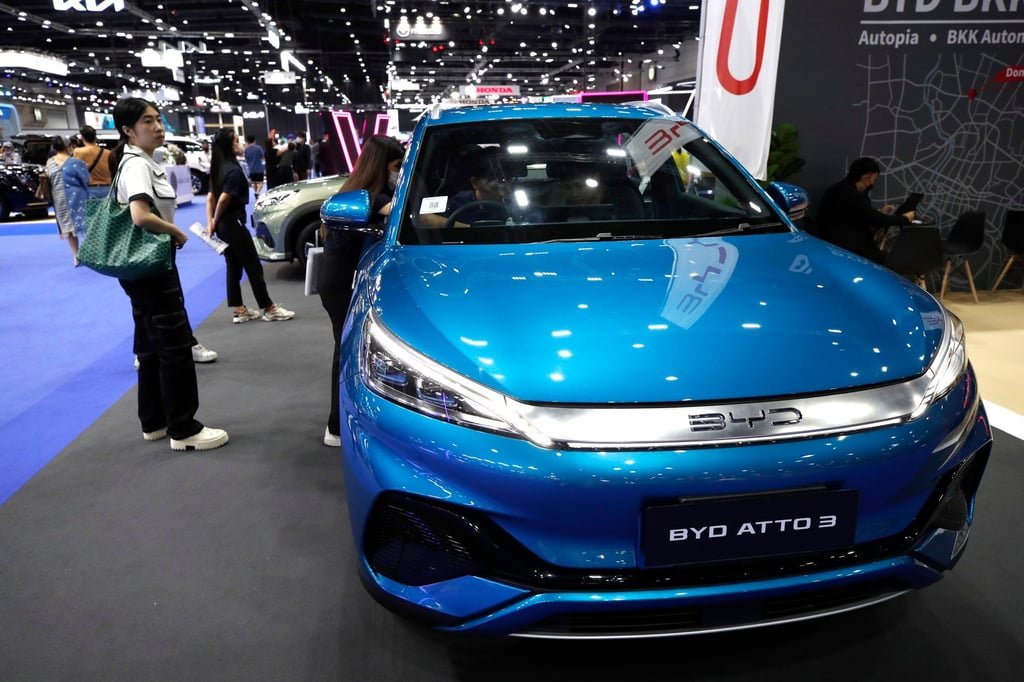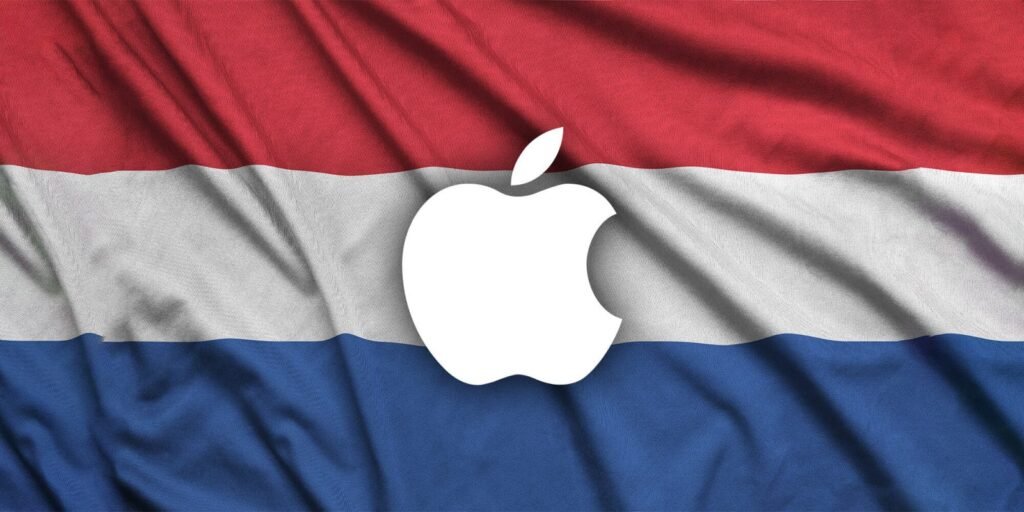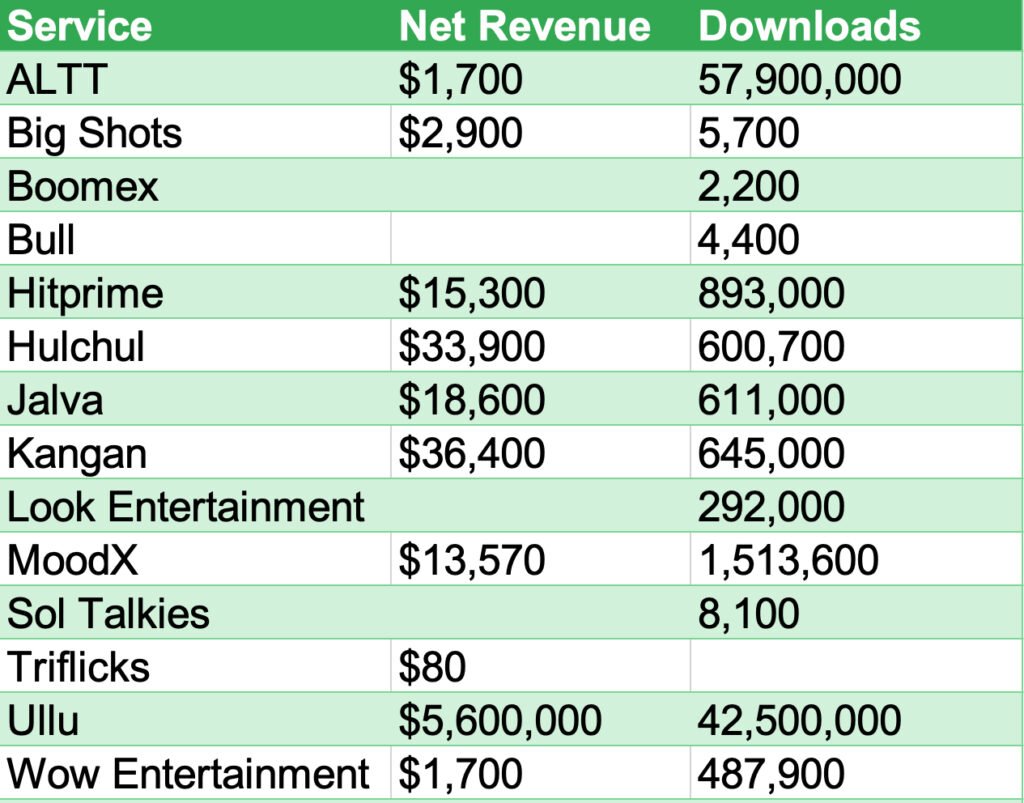- Several scandals have rocked the Chinese electric vehicle market within the past few weeks, including a sales inflation tactic that resulted in zero-mile new cars being sold as used.
- China’s government regulators, including President Xi Jinping, have expressed a desire to stop China’s EV price war.
- It is clear that not every Chinese brand will survive.
I’ve been to China four times now, and even in the year and a half I have been back and forth, I’ve watched the country change in the presence of EVs. Yet, while China is now known for high-quality EVs and PHEVs, the domestic market is starting to look less sustainable.
Case in point: the Solana Mall in Beijing. When I went to China for the first time, it was arguably more insightful than the Beijing Auto Show when it came to showing just what brands resonated with the general public. It was full of car brands from China’s premier EV startups, like Zeekr, Ji Yue, Li Auto, Xpeng and more. The vast majority of my static impressions came from me just strolling around the mall and getting my hands on cars that way.
A year later, things look a bit different. A few brands are new. Nio’s reasonably priced Onvo brand has wiggled its way into the mall, as did Changan’s upscale brands Deepal and Avatr.
Yet other brands are doing worse than before. Yuanhang, a little-known luxury EV maker from Dayun, isn’t officially dead, but it seems close. Its storefront was replaced by the Deepal and Avatr store I mentioned. Geely’s tech-forward Ji Yue brand died this year, with its space turned into an indoor bungee jumping cafe.

Photo by: Kevin Williams/InsideEVs
On some level, my time at the Solana mall felt like a microcosm of what’s going on in China. A slowing economy is revealing some serious challenges for the country’s auto industry, among other wider issues. Within the past three weeks, there have been monumental changes and scandals. Stressful sales targets allegedly caused employees of some EV brands to inflate sales by pre-registering and pre-selling cars, also known as the zero-mile used car scandal. Then, there are reports that Huawei may be incentivizing EV sales in some municipalities. All of this seems to have come to a head this week. The Chinese government has been criticizing provincial over-investments in EV supply chains and infrastructure, and its regulatory bodies have vowed to end China’s price war.
From the outside in, it looks like China’s EV market is faltering. And, on some level, it is. There’s no room for all of these brands, all of these cars and all of these companies to serve a limited number of buyers. That’s part of why I suspect so many Chinese car brands are trying to beef up their export business. When the chips fall, no one wants to be the odd man out; thus, a relatively stable new source of income (via a foreign car market) could be just the ticket to keep afloat in a too-cutthroat Chinese EV market.
Chinese car Analyst Tu Le of Sino Auto Insights agrees.
“We are moving towards Year #4 of the Price War, so these tactics you highlight point to the extreme measures companies are willing to take to make sure they are players after all the dust has settled. They have to keep these factories running,” he told InsideEVs via e-mail. “The ‘Price War’ will never go away, but I anticipate it dialing down in early 2026. The players that survive it will be much stronger so we’re seeing companies bite, claw and scratch their way to being a survivor. Surviving the China Price War also gives these companies a chance to be international players. There may be a couple of dozen companies that go abroad, but they won’t all be successful. But that promise of growth outside of China also keeps China EV Inc motivated to keep going in China.”

Photo by: Kevin Williams/InsideEVs
But that begs the question: what now? Le says that now it’s time for Chinese car brands to wean clientele from purchasing solely on price, and instead on other factors. Now, it’s time for true brand building, not just cheap cars. Le says the Xiaomi YU7 is a great example of how Chinese car brands are trying to get buyers to choose vehicles based on the brand and the experience, not necessarily price alone. The YU7’s prices do undercut the Tesla Model Y, but unlike other competitors in the segment, the price difference isn’t as dramatic as you’d think. Similarly, the (Nio) Firefly’s elevated quality and driving experience are supposed to be a draw compared to the similarly sized but much cheaper BYD Seagull or Geely Xingyuan.
Will it work? I don’t know. But the Chinese market can’t go on in the state that it is. It was never supposed to. Some brands will have to go, but which ones will make it, and which ones won’t remains to be seen. We also don’t know what levers the Chinese government will pull to maintain the health of its EV industry. Whatever the case, it’s naive to fully count China out. Because while some of these companies may face existential problems, others still pose an existential threat to most EV brands around the globe.
Contact the author: kevin.williams@insideevs.com








